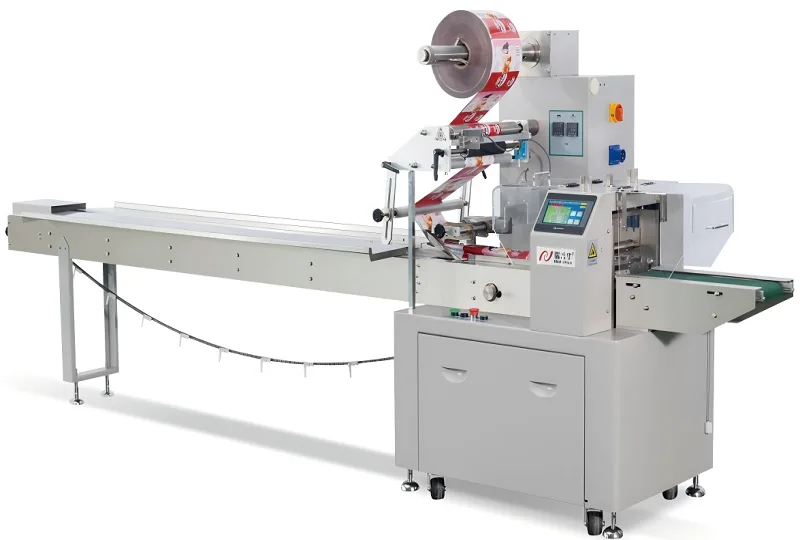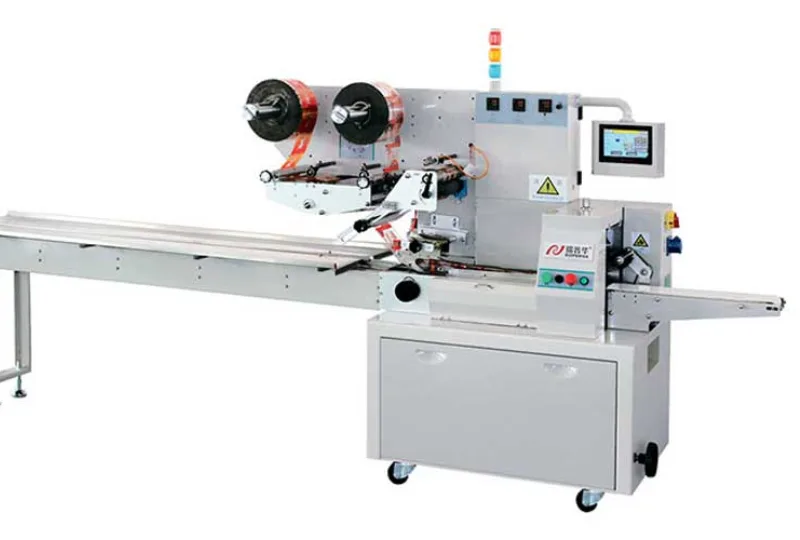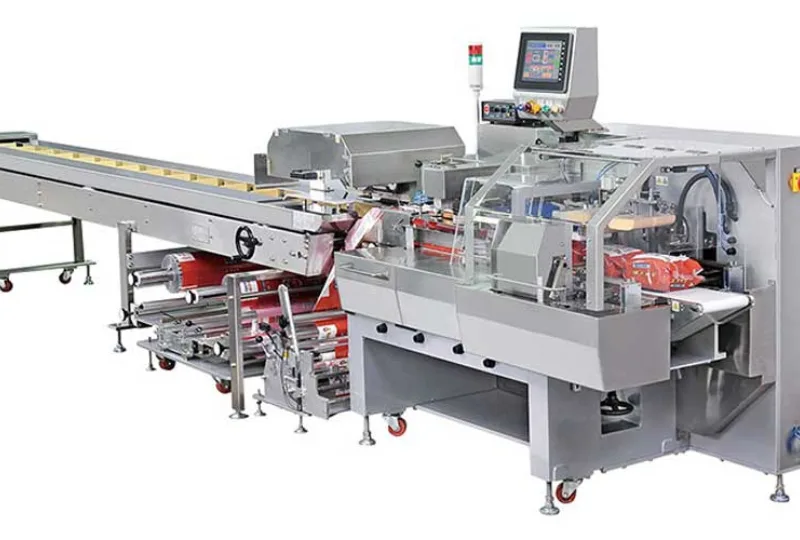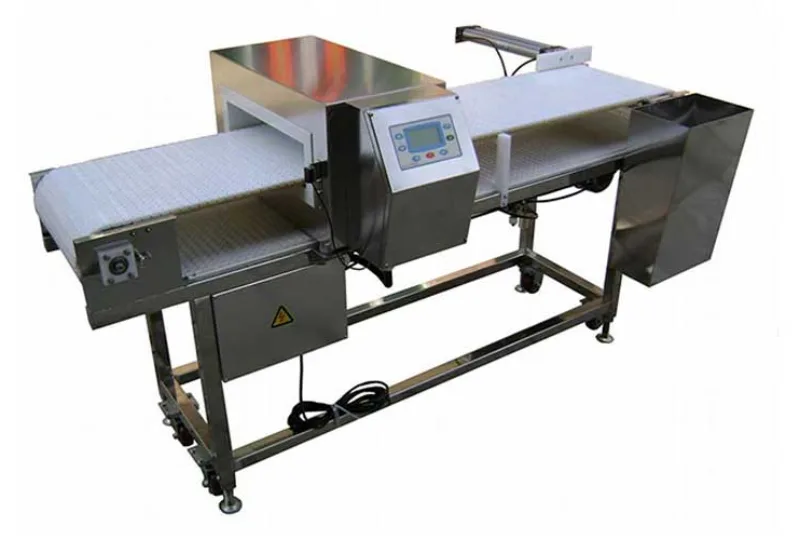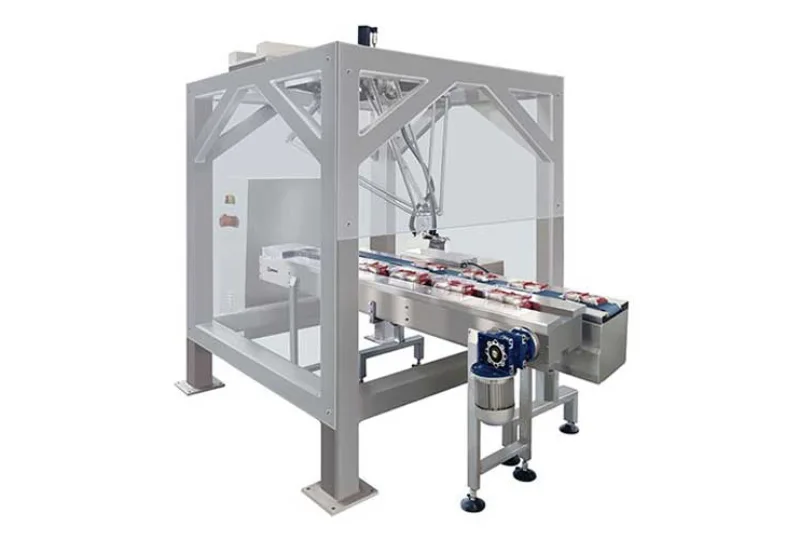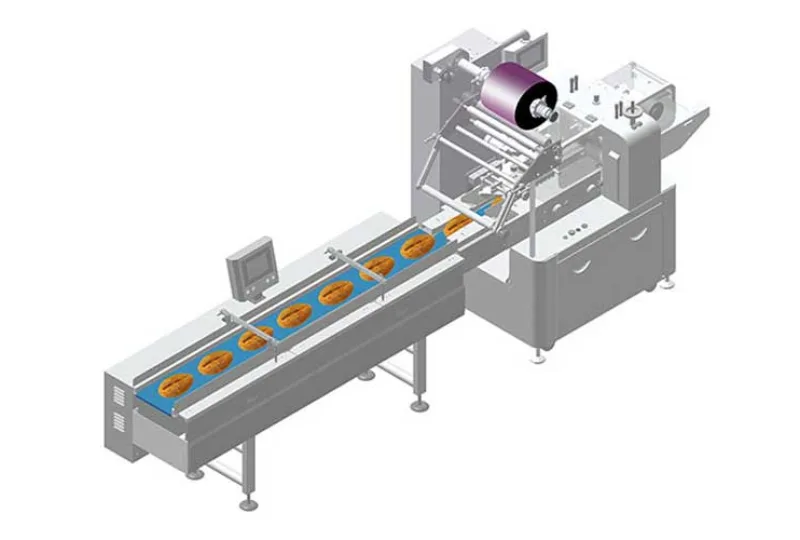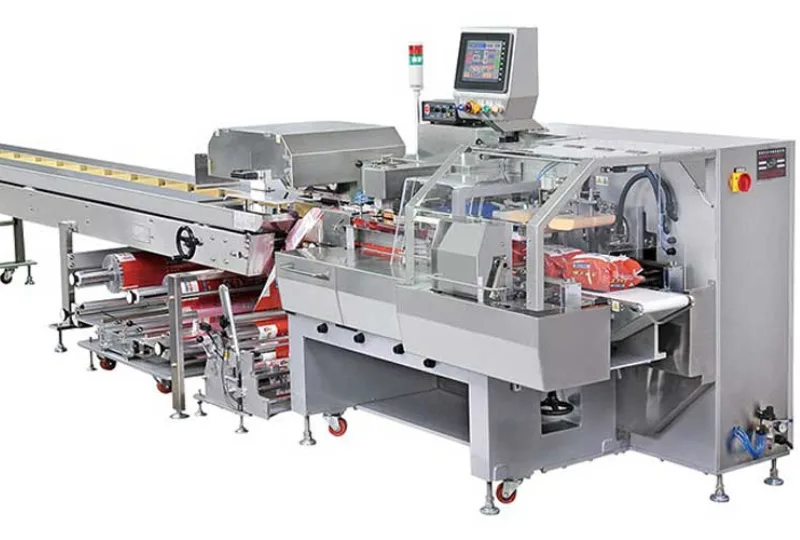The Role of Automation in Plastic Film Packaging Efficiency
Plastic film packaging serves as a crucial aspect of various industries, ensuring the safety and preservation of countless products during transportation, storage, and sale. The integration of automation into this process has revolutionized efficiency, driving significant enhancements in packaging processes, costs, and resource utilization. This article will explore the transformative role of automation in plastic film packaging efficiency, highlighting key benefits and considerations for its adoption.
Increased Productivity and Speed
Automation streamlines the film packaging process by eliminating manual tasks, resulting in increased productivity and speed. Automated machines can consistently and rapidly wrap products in plastic film, achieving higher production volumes within a shorter timeframe. This efficiency gain translates to faster order fulfillment times, reduced lead times, and enhanced customer satisfaction.
Reduced Labor Costs and Workforce Optimization
Automation reduces the reliance on manual labor, leading to significant cost savings. Automated systems can perform repetitive and time-consuming tasks with precision and efficiency, eliminating the need for large workforce teams. As a result, businesses can optimize their workforce by reallocating labor resources to more value-added activities, such as quality control or customer service.
Improved Accuracy and Quality
Automated plastic film packaging machines are equipped with advanced sensors and control systems that ensure precise film wrapping and sealing. This consistency eliminates human error and minimizes the risk of product damage during the wrapping process. The resulting high-quality packaging ensures product protection and maintains its integrity throughout the supply chain.
Reduced Material Waste and Environmental Impact
Automation contributes to reducing material waste by optimizing film usage and minimizing scraps. Automated systems efficiently cut and apply the film to specific product dimensions, eliminating unnecessary material consumption. This reduction in waste not only saves costs but also promotes sustainability by minimizing environmental impact.
Enhanced Flexibility and Customization
Automated plastic film packaging systems offer flexibility and customization to meet varying product requirements. These machines can be programmed to adjust wrapping parameters based on product size, shape, and desired level of protection. This adaptability allows businesses to accommodate a wide range of products and packaging styles, enhancing operational efficiency and customer satisfaction.
Considerations for Automation Adoption
While automation presents numerous benefits, its adoption requires careful consideration. Factors such as initial investment costs, training requirements, and maintenance needs must be thoroughly evaluated to ensure a positive return on investment. Additionally, businesses should consider the impact of automation on their workforce and implement appropriate measures to mitigate potential job displacement or skills gaps.
Conclusion
Automation has played a transformative role in plastic film packaging efficiency, delivering significant benefits in productivity, cost reduction, quality improvement, sustainability, and flexibility. By embracing automation, businesses can streamline their packaging processes, optimize their workforce, ensure product integrity, and achieve greater operational efficiency. However, careful planning and evaluation are crucial to maximize the benefits and minimize potential challenges associated with automation adoption.
-
01
Automatic Tray Loading and Packaging Equipment: Boost Efficiency to 160 Bags/Minute
21-11-2025 -
02
Automatic Soap Packaging Machine: Boost Productivity with 99% Qualification Rate
21-11-2025 -
03
A Deep Dive into Automatic Toast Processing and Packaging System
18-11-2025 -
04
The Future of Bakery Production: Automated Toast Processing and Packaging System
18-11-2025 -
05
Reliable Food Packaging Solutions with China Bread, Candy, and Biscuit Machines
11-10-2025 -
06
High-Performance Automated Food Packaging Equipment for Modern Production
11-10-2025 -
07
Reliable Pillow Packing Machines for Efficient Packaging Operations
11-10-2025 -
08
Advanced Fully Automatic Packaging Solutions for Efficient Production
11-10-2025 -
09
Efficient Automatic Food Packaging Solutions for Modern Production
11-10-2025 -
10
Advanced Automatic Packaging Equipment for Efficient Production
11-10-2025






